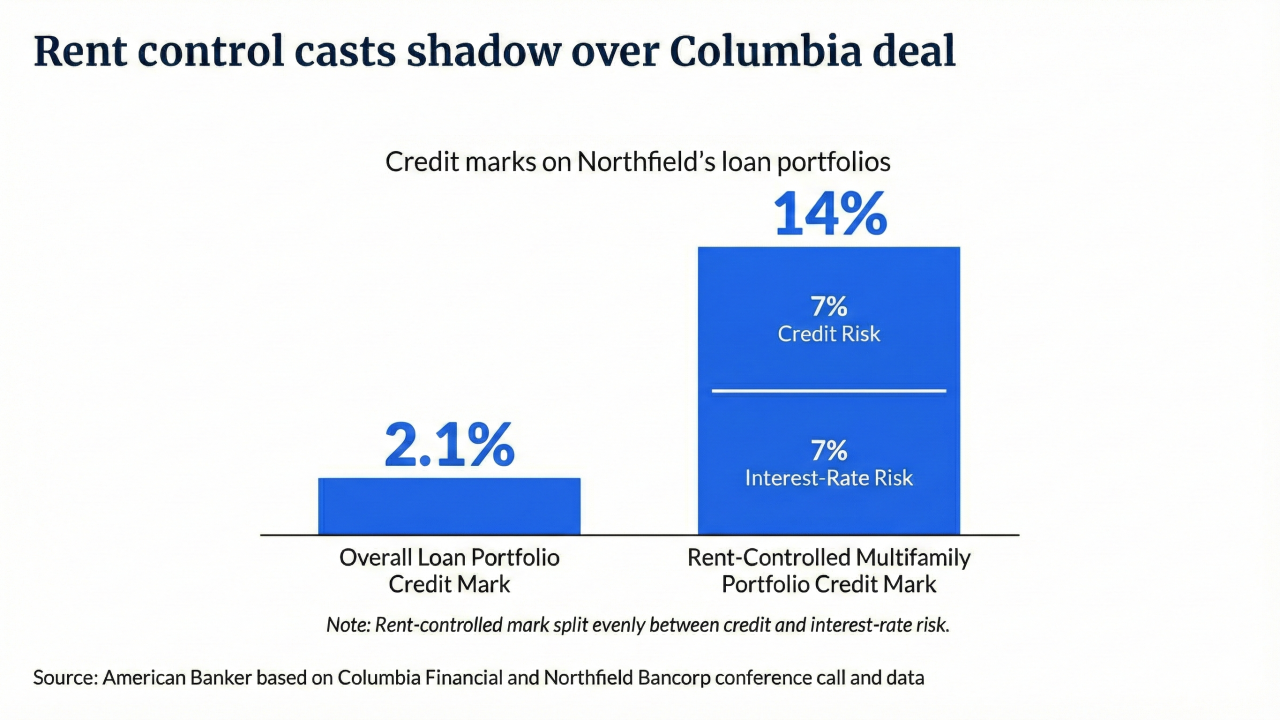Varo Money is inching closer to having a bank — the next step will require a major leap.
The fintech, which aims to offer consumer banking services with no fees, applied for a national bank charter over a year ago. While it recently received preliminary and conditional approval from the Office of the Comptroller of the Currency, Varo has been unable to secure the blessing of the Federal Deposit Insurance Corp.
The FDIC wants Varo to fill key posts and have its systems in place, said Colin Walsh, the company's co-founder and CEO. He said Varo, which quietly pulled its FDIC application earlier this year, plans to reapply later in 2018.
Varo is one of the first fintechs to seek a national bank charter. While faced with challenges, Walsh expressed optimism that his company will succeed and, in the process, create a playbook for other fintechs.
“It’s never easy being first, but somebody has to do it,” Walsh said. “It’s been a good process that we’ve built good relationships through. Certainly there has been learning along the way.”

Varo is making progress addressing the FDIC's concerns, Walsh said. For example, it recently hired Thibault Fulconis, a former chief operating officer of Bank of the West, as chief financial officer.
Varo’s experience underscores the fact that regulators are learning how to work with innovative firms that aspire to become depository institutions. It is also an example of regulatory agencies being out of sync with one another, similar to the ongoing Community Reinvestment Act discussions. Industry observers are watching Varo to determine if a fintech firm can successfully navigate the approval process.
To open a national bank, Varo must receive approval for deposit insurance, Federal Reserve membership and final approval from the OCC.
Varo filed applications with the OCC and the FDIC at the same time, Walsh said. But the agencies have different approval processes. In hindsight, Walsh said it would have made more sense to apply with the FDIC after receiving the OCC’s conditional approval.
The FDIC requires a complete application that shows regulators how the proposed bank can reach profitability, comply with laws and regulations, operate with safety and soundness and account for revenue and expenses. The agency recommends prefiling meetings to discuss plans and requirements.
The FDIC then either approves, returns or recommends that groups withdraw their applications. There is no limit on how many times a company can reapply for deposit insurance.
The FDIC has approved 21 bank applications since 2011, including seven this year. It has 11 applications pending.
The FDIC has taken a number of steps since 2014 to make its application process more transparent, such as discussing its procedures during industry conferences and outreach meetings. In 2016, it lowered the period of enhanced supervisory monitoring for new banks from seven years to three.
Jelena McWilliams, the FDIC’s new chairman, has signaled that the agency needs to review applications faster. The FDIC has also encouraged more groups to apply for charters.
But the agency's process differs from the OCC's two-step approach to new banks.
The OCC grants conditional approval, typically within 120 days, based on the strength of a company’s team, business plan and risk management awareness.
The process, which is the same for special purpose charters and national bank charters at the OCC, is more flexible for groups that have solid leadership and business strategies, but may be lacking a few details in its initial application. Once a group has its final team, growth strategies, depository insurance, Federal Reserve approval and other factors in place, the OCC will arrange a pre-opening exam before granting final approval.
The differences in the agencies' processes seem to cause confusion around the application process, especially for fintech firms and other innovative entities, industry observers said. There is talk of the two agencies working together to align the licensing procedures, but no changes have been announced yet.
Varo’s conversations with the FDIC have been productive, Walsh said, adding that he believes the agency will approve the next application it files. Walsh hopes Varo Bank will open before the OCC’s 18-month deadline to obtain final approval.
“If I were to give advice to someone else going through this process, my advice would be to go through the OCC process and get conditional approval and then file with the FDIC,” Walsh said. “It’s a more logical sequence.”
Square, a payments processor, and Nelnet, a large student loan servicer, recently withdrew applications to become industrial loan companies. Both companies plan to eventually refile.
The experience of companies such as Square and Varo is giving entrepreneurs such as Sultan Meghji a reason to pause. Meghji, an adviser in St. Louis who works with start-ups, wants to form a bank that would rely heavily on technology and software.
Federal regulators need to create new procedures for approving charters, Meghji said, adding that the process takes too long. At the same time, he said regulators seem unwilling to consider business models that differ from traditional, brick-and-mortar banks.
Meghji, who is also starting a technology company to serve the financial services industry, is meeting with regulators and policy makers in Washington to voice his concerns.
“They don’t understand that we would be building simpler companies that are easier to regulate using artificial intelligence, technology and automation," Meghji said. "It would make it easier for them to observe what we're doing and make sure we are doing the right thing.”





